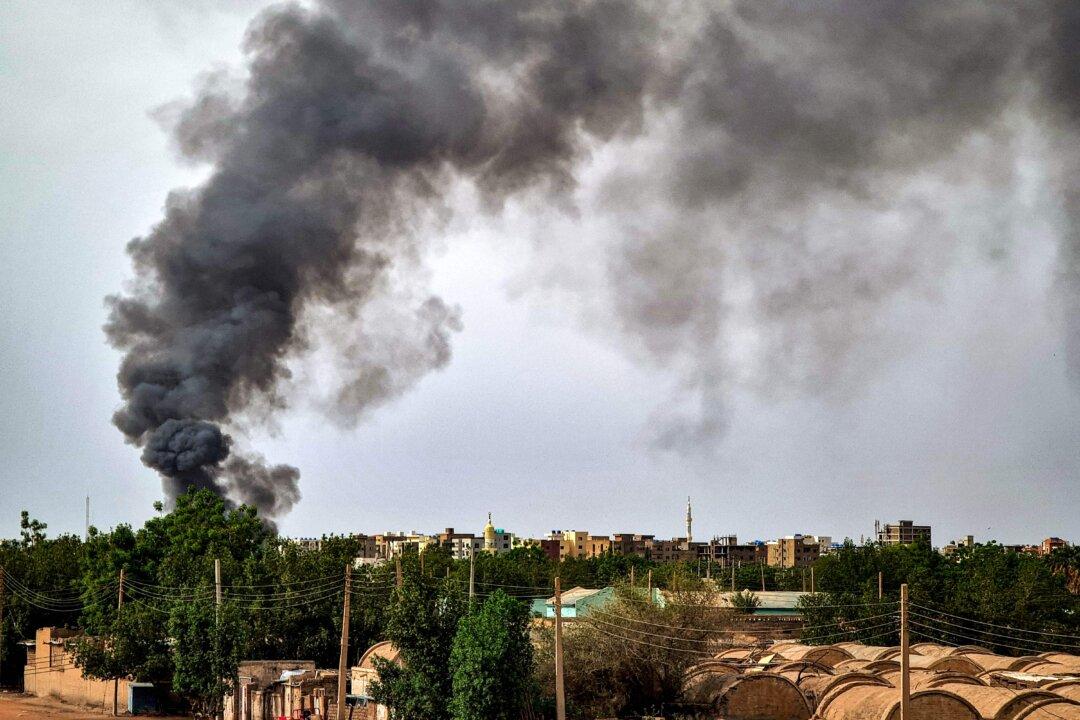In the sands and mountains of Sudan’s Darfur region, almost 20 years before Russia’s Wagner Group would revive the word “mercenary” for a new generation, the leader of a ragtag militia was inventing a playbook that would later be attributed to Yevgeny Prighozhin.
Mr. Prighozhin, Russian President Vladimir Putin’s former confidante, who led an aborted insurrection against the Russian state in June, founded the Wagner Group PMC in 2014 to support Russian forces fighting in the Donbas region.





